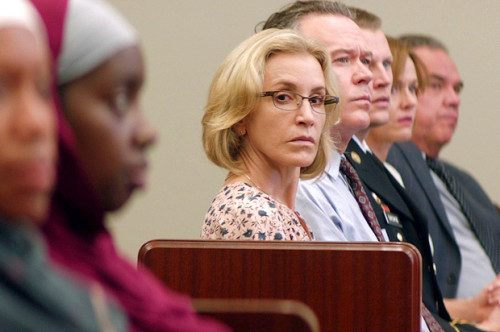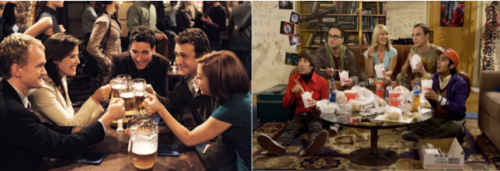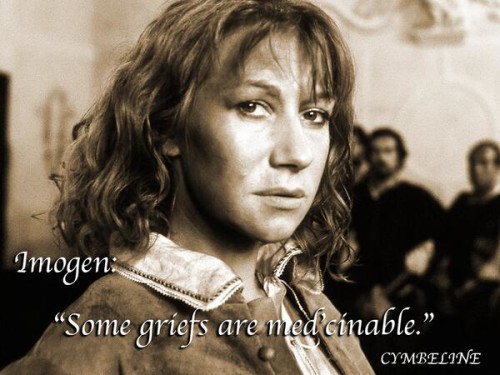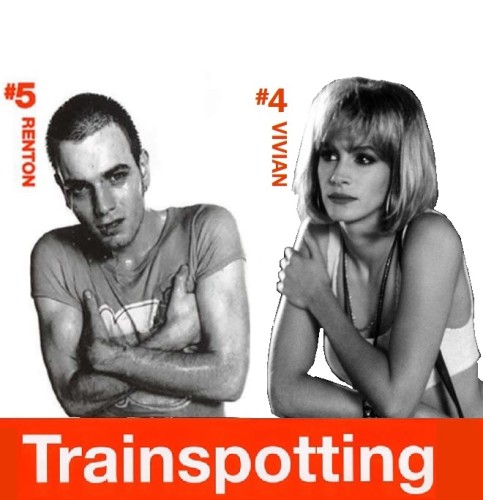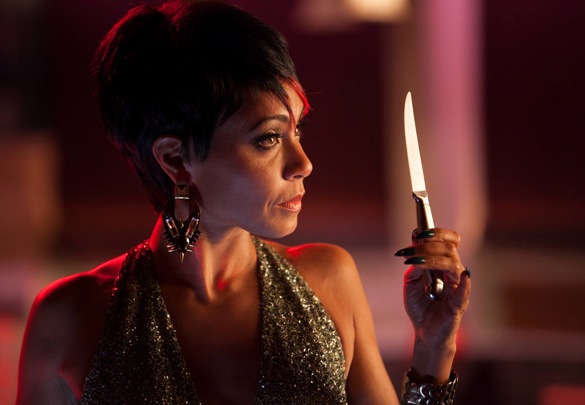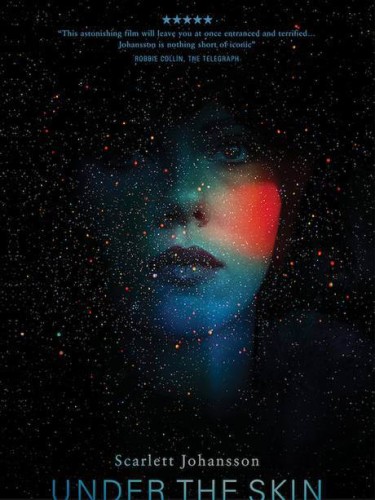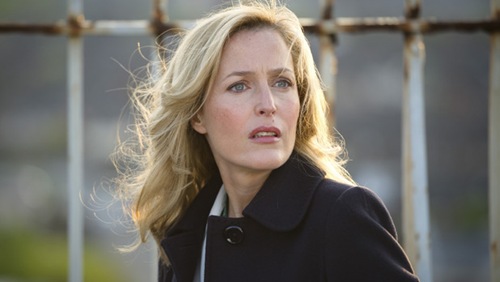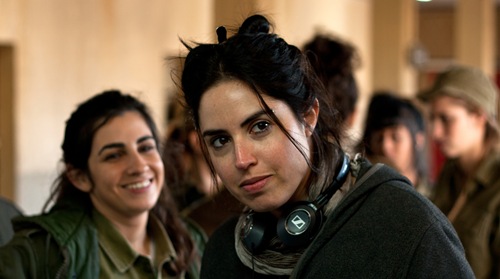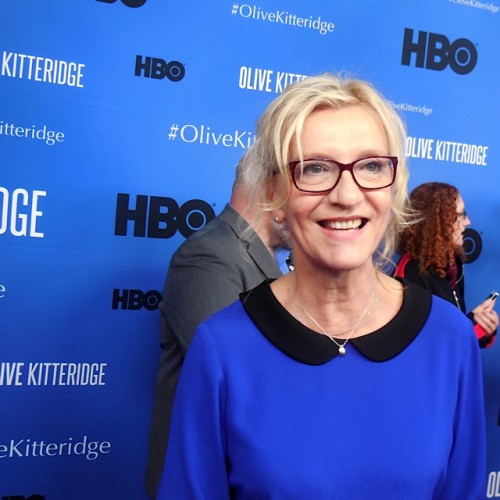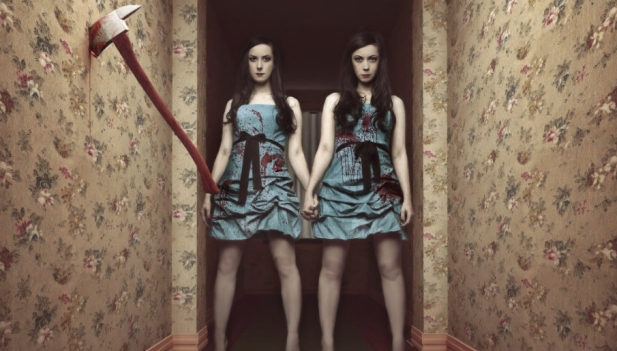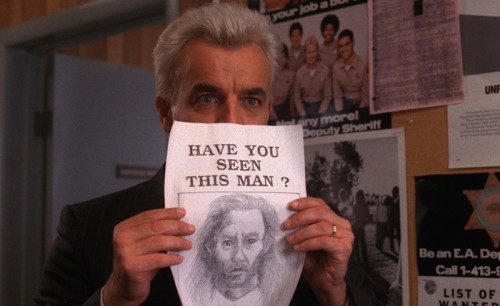Negotiated Identities and Gray Oppositions in Ridley’s ‘American Crime’
With that said, even the traditional gender binary is flipped on its head—the women of the show uphold the patriarchal system that controls them, while the men are often portrayed as effeminate and oppressed by the same system that is supposed to give them power. Yes. Take a second while you process that.
